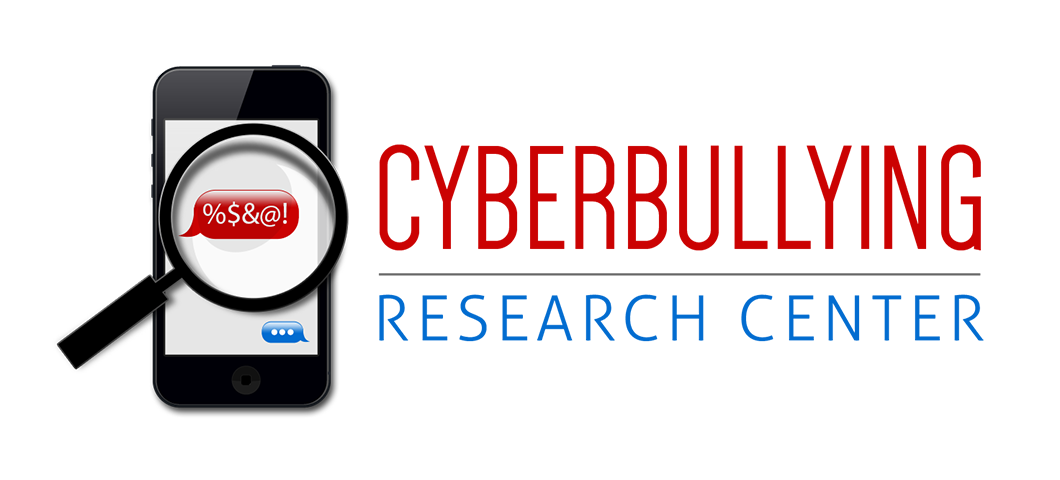
Mike Donlin, Senior Program Consultant (aka Program Manager), for Seattle Public Schools (and our good friend and esteemed colleague) recently asked us a few thought-provoking questions about cyberbullying prevention and response. They are as follows:
1. How can we consistently involve all the major stakeholders – educators, legal, the tech industry, families and youth – in sustained conversations around these critical issues?
2. Assuming that the digital immigrants all begin to get it with all the current technologies, what’s going to be the next big thing we will have to be on the lookout for, cyber-danger-wise?
3. We (Seattle Public Schools) are implementing a full cyberbullying curriculum, starting with the middle school/junior high grades. What do you see as something we absolutely should not overlook in our materials?
We thought we’d take the opportunity here to discuss these issues. School districts should contact relevant private sector companies who may want to demonstrate that they care about the community, and have them fund/sponsor events that the school district can organize which brings together the multiple stakeholders. Local foundations also can help – this has been successful in my school district. Parents’ nights can be sponsored, and speakers can be brought in to administer assemblies to youth (even in elementary school). We have found these efforts bear much fruit, and are prompting youth to go to parents and other youth-serving adults more readily with their cyberbullying problems. These events should happen annually at worst and biannually at best – there are many issues to cover and so material needn’t be repeated. The next big thing cyber-danger-wise in my opinion isn’t harassment on Second Life and IMVU and other 3-D virtual realms, but cyberbullying among pre-teens and even children on the new social networking sites that cater to them (e.g., Club Penguin) – even if they are somewhat “locked-down” and supervised web-based environments. Even if certain curse words or hateful words are filtered, youth can still ostracize (through silence and passive-aggressive methods) others in these venues…and can still reveal personal information that may get them into trouble…. I should also say that we may see more picture- and video-based forms of cyberbullying, which will likely include more sexually-explicit images of teens. Finally, cyberbullying curriculums would be remiss if they fail to include the cultivation of empathy and self-esteem among youth. Honestly, if our kids were more naturally inclined towards the golden rule, and had internal and external buffers that provided a protective bubble from hurtful words or actions of peers, this wouldn’t be the problem that it is.








First of all, we would HAPPILY sponsor events and are working on a program/presentation that will be given to local law enforcement for use in meetings on Internet safety… PTAs and schools are encouraged to be involved. There’s even a fundraiser for schools involved… but past that – to the questions:
Inappropriate pictures are definitely on the rise and the next thing to look for. Teens have to understand that even if they take the photo themselves and distribute it, it is “distributing child pornography.” I don’t think kids honestly comprehend the dangers and ramifications that the digital world brings to the real one. In turn, I don’t think they understand that saying something on the internet actually does translate to the real world. Call it empathy if you will, but the bottom line is kids have to learn that they can’t say stuff online and think it means nothing. No matter what you say – it always means something to someone.
Ironically, as you get older, you teach yourself to ignore what you read online…
________________________________________
Check us out online: http://www.pcpandora.com
Giving awareness to social as a whole about what cyber bulling is the key to preventing the act from taking place. As student we learn different things in school which most of the time we use to protect our family or those closest to us, most of us only try to educate those groups of people in our lives. So I just read an article on the Miami Herald which gives a description of what cyber bulling is and the sign of cyber bullying. The author frequently mentions how far ahead in technology teens and adolescent are then their parents, so I thought it was a great idea that the Miami herald would publish an article like that. Since the old generations frequently read news papers rather than going online to research thing I thought it was a good way to educate the older generation. I hardly see any stories on the news about cyber-bullying, so can we expect those people that lack the skills in technology to pin point the sign of cyber-bullying?